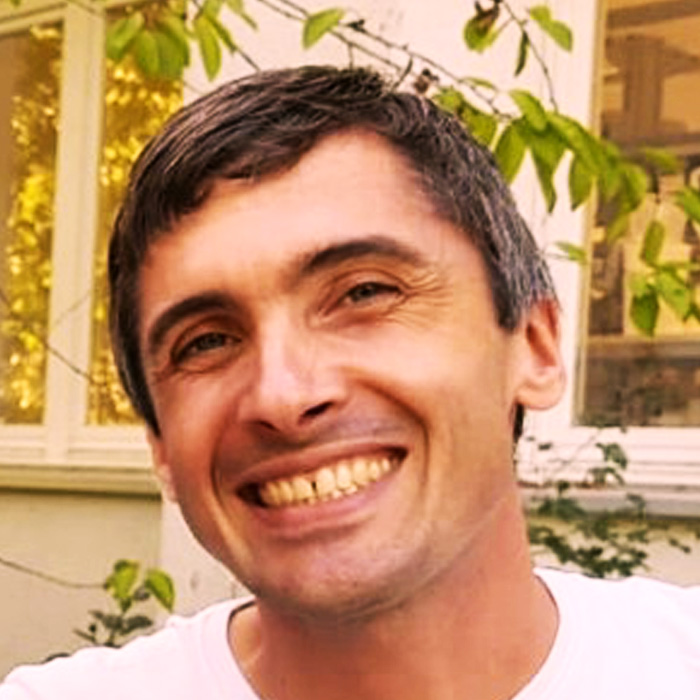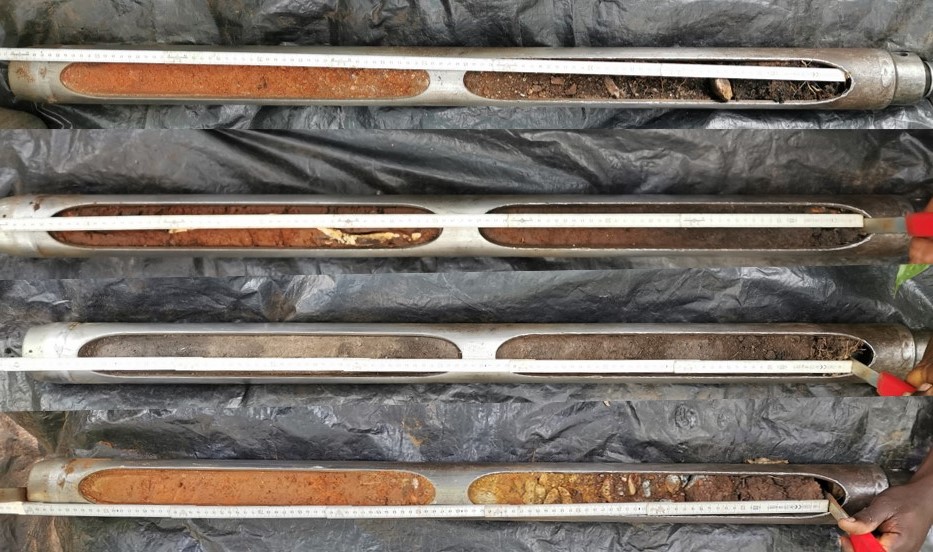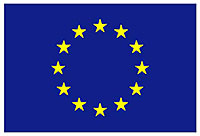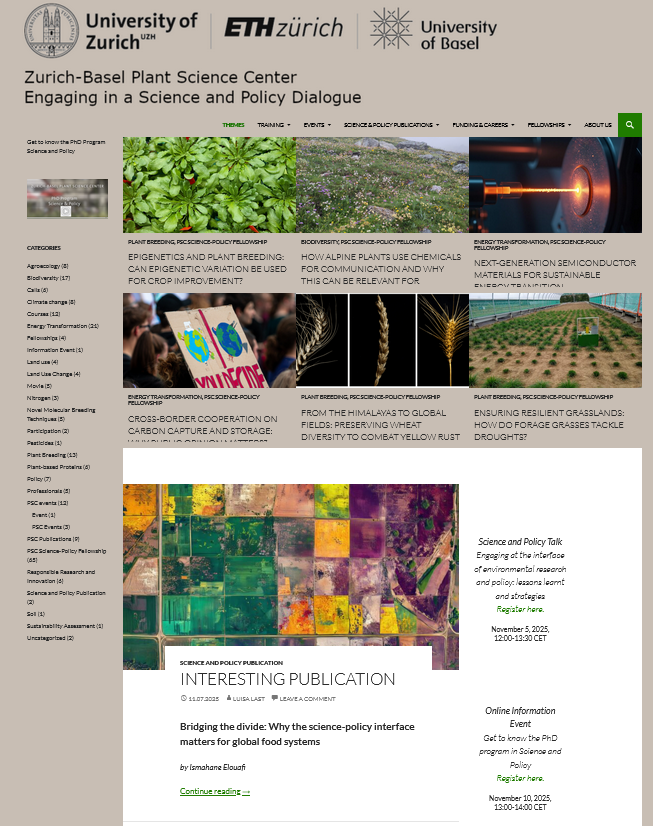Legacy Effects of Land-Use on Tropical Soils as Constraints on the Restoration Success and Service Provision of Tropical Forests in Uganda

Fellowship Duration: Aug 2021 – Jan 2025
PhD Student: Matt Cooper (LinkedIn)
Principal Investigator: Prof. Sebastian Dötterl, Soil Resources Group, Department of System Sciences, Zurich, Switzerland
Project Partner: Wouter Van Goor, Project Manager, Face the Future (FACE), Wageningen, Holland
Research Fields: Land-Use Change, Soil and Forest Resources, Carbon Climate Financing
Project Description
The main focus of this project is to determine the persistence and longevity of land-use changes on reforestation success by linking historical forest clearing events and encroachment with current soil carbon and nutrient levels. In my PhD project I will address if these patterns translate to forest carbon sequestration rates and structural parameters as well as to arboreal biodiversity levels.
In the last decade, enormous emphasis has been placed on forests as a simple, quick-fix solution to climate change and in reducing the ever-increasing anthropogenic carbon footprint, or at least in counterbalancing it. If we do not understand what the soils have been subjected, how can we accurately and successfully design and implement re- and afforestation efforts? Previous land use can have dramatic impacts on soil properties resulting in long term degradation and loss of fertility. Additionally, tree species selection plays a critical role in long-term survival rates and in turn forest resilience and ecosystem structure. The aim of this study is therefore to determine how persistent historical land-use changes can be on different soil parameters such as bulk density, carbon and nitrogen content, CEC (cation exchange capacity), WHC (water holding capacity) and SOC (soil organic carbon) using a soil spectrometer. We will then investigate if these changes in the soil are reflected both in terms of carbon sequestration and forest structure, but also in terms of forest health and biodiversity. Particular attention will be placed on carbon sequestration rates as in past decades this has been the focus work of Face the Future (our secondment partner).
Uganda intends to plant 40 million trees each year and so our analyses will enable better use of financial resources and improve the results of reforestation efforts. Our partners in Uganda, the Ugandan Wildlife Authority, Face the Future and Makerere University, are also involved in multiple reforestation projects and will therefore be able to directly apply the produced knowledge. This will be presented as guest lectures and presentations at government level as well as through partnerships with local NGO’s such as Kyaninga Forest Foundation.
This fellowship is hosted by the Zurich-Basel Plant Science Center.
Activities and Publications
Doctoral thesis (ongoing)
Organiser of the the first Tropires Workshop (Uganda, Mar 2024)
Pico talk at annual Congo Biogeochemical Observatory (CBO meeting, Nov 2024, Péruwelz, Belgium)
Secondment
As part of Matt’s PhD journey, he spent an insightful period with his secondment partner Face the Future understanding in-depth the methods used to create a long-term sustainable reforestation model that is financed through carbon credits. Matt spent substantial time learning about the complexity and interactions between both local communities and the park and also understanding about the standards which apply to different reforestation practices.
Duration: Jun 2023 – Aug 2023 and Jul 2024 - Aug 2024.
Stakeholder Workshop
Kyaninga Forest Foundation, Fort Portal, Uganda (August 19 - 25, 2024)
The seasonal school focused on teaching modern methods for assessing land use change effects on plant-soil systems in tropical regions. We specifically targeted young African and European researchers that will become key players in securing African land resources for future generations. The concrete outcomes that are planned from this seasonal school were that a dynamic mix of international researchers, practitioners and students come together to gain a greater understanding of some of the more technologically advanced environmental analysis techniques used in modern research in some of the remote regions of the world. The trickledown effect of the seasonal school is that a wider selection of researchers can begin employing state of the art techniques on soil and forest health assessment in some of the most under researched regions. In addition, research partners including the Ugandan Wildlife Authority and local partner Mountains of the Moon University got key insights into the PhD findings and broader implications.
Through a combination of introductory lectures, held by renowned experts, and in combination with participatory hands-on workshop and excursions, we illustrated the requirements and approaches that proved important for the successful implementation of soil- and vegetation-focused projects in the fields of tropical forest restoration, sustaining soil fertility on agricultural land, combatting soil degradation, and greenhouse gas fluxes measurements.
The seasonal school was organized around 5 hands-on workshops and connected lectures by international experts of the different subjects focused by the seasonal school, taking place over 6 days. The suggested workshop aimed at bringing together European and African researchers to train Swiss & African students and technicians enrolled and employed at Swiss & African Universities or research institutes. During the workshops, the students worked in mixed teams together with the experts on site to explore the new techniques, discuss their applications and potential pitfalls. Participants also got the chance to engage with local stakeholders and farmers to learn more about the challenges they are facing when implementing sustainable agriculture or forest restoration projects in a tropical context.
The main outcome for participants was to develop a holistic understanding of implementing science-informed and data-driven decision-making in tropical land management. The seasonal school also provided a networking opportunity for students from different African countries to both connect with each other and their respective African institutions but also to a mix of European and in particular Swiss institutions and scholars, offering opportunities for future collaboration.



